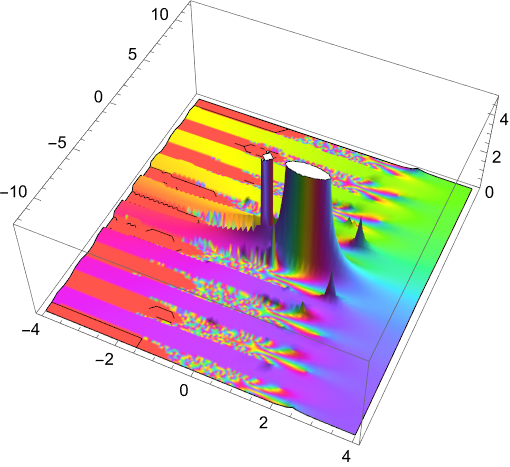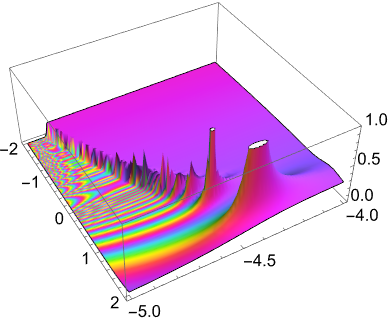I need some help to solve an exponential equation with Mathematica over the complexes.
This is the equation I need to solve. I've already used FullSimplify.
e^{4-2x-2e^{2-2x}x}x - x =0
After defining the whole function as G[x], I used the command
rts = Reduce[G[x] == 0, x, Complexes]
but the message is
Reduce::nsmet: This system cannot be solved with the methods available to Reduce.
I also tryed to use Solve and FindRoot but it doesn't work.
Can you help me please?

![x Cos[x] - Sinx](https://i.sstatic.net/9aNky.png)


G[x_] := E^(4 - 2 x - 2 E^(2 - 2 x) x) x - x. $\endgroup$